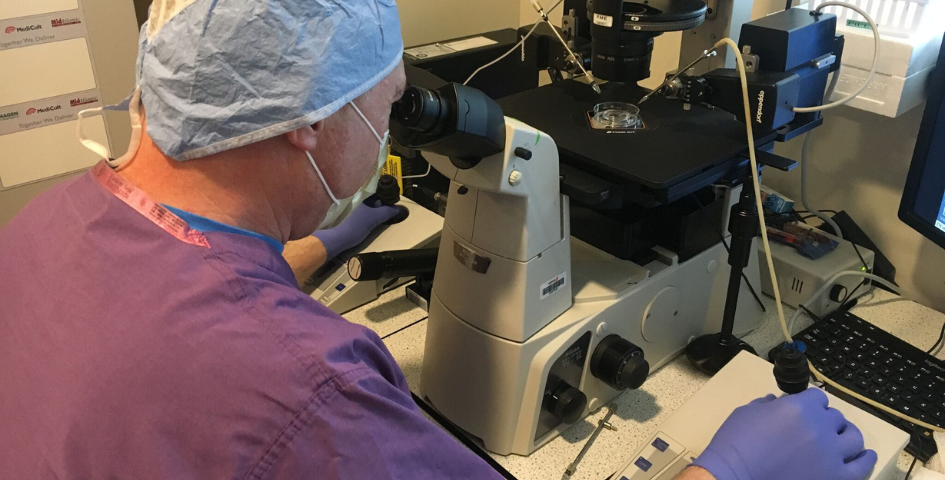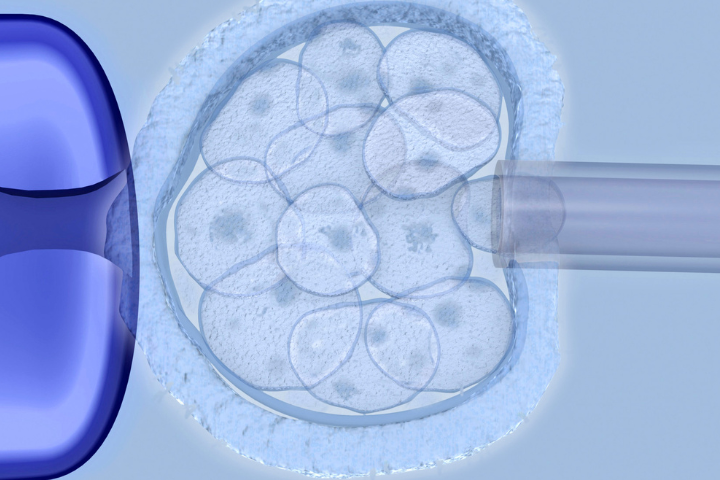Genetic testing and screening have revolutionized how we approach family planning and reproductive health. As advancements in science continue to unfold, fertility specialists increasingly incorporate genetic testing and screening into their practice to provide couples with crucial information about potential genetic risks and optimize their reproductive options. In this blog post, we will explore the benefits and risks associated with genetic testing and screening, shedding light on how these procedures can empower prospective parents and assist them in making informed decisions regarding their family’s future. Whether you are considering starting a family or simply interested in the subject, understanding the implications of genetic testing and screening in fertility is vital in navigating the path towards reproductive health and well-being.
The Benefits of Genetic Testing and Screening in Fertility
Genetic testing and fertility screening offer various advantages that can significantly impact family planning and reproductive outcomes. Let’s explore some of these benefits:
Early Identification of Genetic Disorders
Early detection of potential genetic disorders in the offspring is one of the primary benefits of genetic testing and screening. By analyzing the genetic makeup of prospective parents, fertility specialists can identify any inherited genetic conditions that may pose a risk to their future children. This knowledge allows couples to make informed decisions about their reproductive options and take necessary precautions to minimize the chances of passing on genetic disorders to their offspring.
Personalized Treatment and Reproductive Options
Genetic testing and screening enable fertility specialists to tailor treatment plans based on individual genetic risk factors. By understanding the genetic profile of prospective parents, medical professionals can optimize fertility treatments, such as in vitro fertilization (IVF), to increase the chances of successful conception and healthy pregnancies. Additionally, genetic testing can provide insights into alternative reproductive options, such as using donor eggs or sperm, to overcome specific genetic challenges and increase the likelihood of a successful pregnancy.
Family Planning and Emotional Preparation
Genetic testing and screening allow couples comprehensive family planning and emotional preparation. When individuals know potential genetic risks, they can plan accordingly, considering the likelihood of passing on certain conditions to their children. This information allows couples to make well-informed decisions about family size, considering their desires and the potential health implications for their future offspring. Furthermore, having time to process and prepare for any potential challenges emotionally can significantly alleviate stress and uncertainty throughout the fertility journey.
The Risks and Limitations of Genetic Testing and Screening in Fertility
While genetic testing and screening offer numerous benefits, it is important to acknowledge the potential risks and limitations associated with these procedures. Let’s explore some of the key considerations:
Psychological and Emotional Impact
Genetic testing results can significantly impact individuals and couples psychologically and emotionally. Learning about potential genetic risks or receiving a positive diagnosis for a genetic disorder can cause distress, anxiety, and uncertainty. It is crucial to provide appropriate emotional support and counseling throughout the process to help individuals cope with the potential outcomes and navigate the emotional challenges associated with genetic testing and screening.
Ethical Considerations and Privacy Concerns
Ethical considerations and privacy concerns arise when it comes to genetic testing and screening in fertility. The sensitive nature of genetic information raises questions about the confidentiality and security of personal genetic data. Fertility clinics and healthcare providers must prioritize maintaining the privacy of patient’s genetic information and adhere to strict ethical guidelines to protect their rights and autonomy. Additionally, dilemmas related to selective embryo reduction may arise, and it is essential to approach these ethical considerations with sensitivity and respect for individual beliefs and values.
False Positives and False Negatives
Like any medical diagnostic tool, genetic testing and screening are not infallible. False positives and false negatives are possibilities that need to be considered. False positives occur when a test incorrectly indicates the presence of a genetic disorder, causing unnecessary anxiety and potentially influencing decisions regarding family planning and reproductive options. On the other hand, false negatives occur when a test fails to detect a genetic disorder, leading to potential missed opportunities for preventive measures or alternative reproductive strategies. Understanding the limitations and potential risks of false results when interpreting genetic testing outcomes is important.
Planning Your First Visit
When embarking on the genetic testing and screening journey, carefully planning your first visit to a fertility specialist is crucial. It is recommended to seek out reputable fertility clinics with experienced professionals specializing in reproductive genetics. As a Center of Excellence for Reproductive Endocrinology, the experts at GENESIS can guide you through the process, explain the benefits and risks of genetic testing and screening, and answer any questions or concerns.
Genetic Testing and Reproductive Rights
If you are in need of fertility treatment, the last thing you should have to worry about is whether or not the government will restrict your reproductive rights. Although some states are eliminating or drastically reducing access to reproductive health, The Reproductive Health Act, a New York statute, ensures you and your doctor are in control of your reproductive rights, not the government. If you need to relocate to a new area for your fertility treatments, it is recommended to hire professionals to help. That way, moving during this important period will be made easier and smoother.
The Future of Genetic Testing and Screening in Fertility
Advancements in technology and research are driving the future of genetic testing and screening. Innovations in genetic testing technologies, such as next-generation sequencing, are improving accuracy and accessibility. Ongoing research aims to enhance our understanding of genetic disorders and refine screening methods. As we move forward, addressing ethical and societal implications is important, ensuring responsible integration and safeguarding individual rights. The future of genetic testing in fertility holds great promise for personalized approaches, optimizing reproductive outcomes, and empowering individuals and couples in family planning.
Conclusion
Genetic testing and screening in fertility offer significant benefits for family planning. Personalized treatment options optimize reproductive outcomes, while early identification of genetic disorders allows informed decisions. However, it’s important to consider the psychological impact and ethical considerations. Advancements in technology and research hold promise for improving accuracy and accessibility. To begin this journey, schedule an appointment with a fertility specialist for guidance and support. By embracing the benefits, understanding the risks, and seeking expert advice, individuals and couples can make informed choices for their reproductive health and future family.
If you would like to learn more about GENESIS Fertility New York or are ready to schedule an appointment, please speak with one of our representatives at 929-605-5467.






